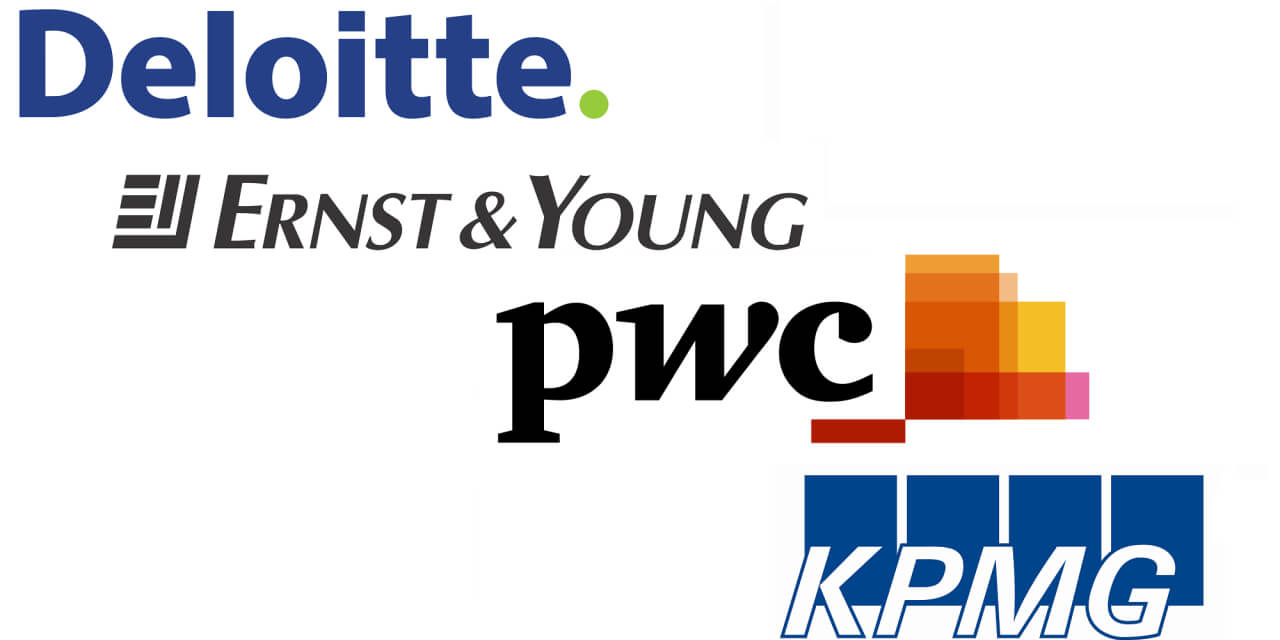All of the UK’s top auditors have failed to hit quality targets for checking companies’ books, a damning report has revealed.
None of the so-called Big Four – EY, KPMG, Deloitte and PwC – managed to surpass the 90 per cent target of its audits being assessed as good quality, the accountancy watchdog said.
The results come after a string of high-profile cases in which auditors missed potential financial problems or fraud – including signs of trouble at Carillion, BHS and Patisserie Valerie. The pastry chain went into administration in January after a £40m hole was found in its accounts.
Just half of a sample of audits carried out by Patisserie Valerie’s auditor Grant Thornton in 2017 was assessed as “good” by the Financial Reporting Council, the latest figures show. The UK’s fifth-largest accountancy firm is already under the microscope for its role in the chain’s collapse.
David Dunckley, chief executive of Grant Thornton, told MPs in January that it was not his firm’s job to uncover fraud.
“We’re not looking for fraud, we’re not looking at the future, we’re not giving a statement that the accounts are correct,” Mr Dunckley said at the time.
More than one in four of Grant Thornton’s audits reviewed in the past five years required “significant improvement”.
Results at Carillion’s former auditor KPMG improved but the firm remains subject to additional regulatory scrutiny after previous failings, the FRC says.
Overall, only 75 per cent of the sample of audits from among Britain’s 350 largest-listed companies for the year ending December 2017 met quality standards. Outside the Big Four, mid-sized auditors Mazars, Grant Thornton and BDO also failed to hit the target. BDO scored the best quality score with 87.5 per cent of its work assessed as “good”.
The FRC says it found cases in all seven firms where auditors failed to challenge management sufficiently.
“At a time when the future of the audit sector is under the microscope, the latest audit quality results are not acceptable,” says Stephen Haddrill, the FRC’s chief executive.
“Audit firms must identify the causes of their audit shortcomings and take rapid and appropriate action to improve quality. Our latest results suggest that they have failed to achieve this in recent years.”
The results will add weight to MPs’ calls for radical change to the way the accounts of large companies are signed off.
In April the Business, Energy and Industrial Strategy (BEIS) Committee said the audit and consultancy arms of Deloitte, EY, KPMG and PwC should be divided to improve quality and competition.
The competition watchdog issued a separate assessment in which it stopped short of calling for a forced break-up of the Big Four, instead recommending for mandatory joint audits where two firms split the work on checking one company’s books.
The CMA also said that audit should be partially separated from other business by having separate management, accounts, chief executive, board and financial statements.
Announcing the report’s findings, Competition and Markets Authority chairman Andrew Tyrie said, “People’s livelihoods, savings and pensions all depend on the auditors’ job being done to a high standard. But too many fall short – more than a quarter of big company audits are considered sub-standard by the regulator. This cannot be allowed to continue”.
Credit: independent.co.uk









